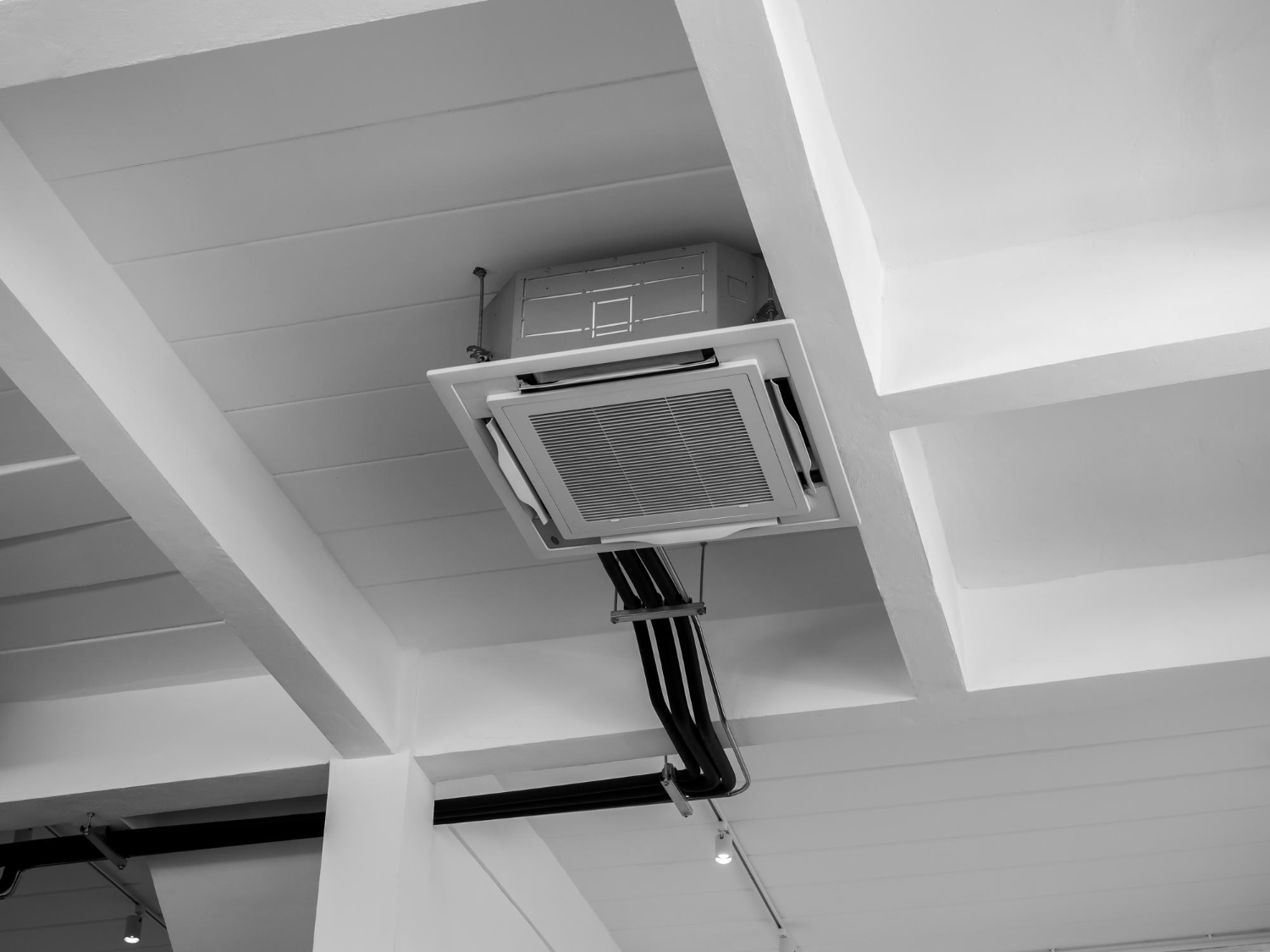Spring is the perfect time to get your heating system ready for the changing seasons. Taking care of your HVAC system now helps prevent problems and saves money on energy bills throughout the year.
Cleaning your system, checking filters, and scheduling professional maintenance in early spring helps to keep your heating running at peak performance. These simple steps protect your system and extend its life.
A well-maintained heating system runs more efficiently and costs less to operate. We want to help you prepare your system the right way, so we've put together essential tips that make spring maintenance easy and effective.
Preparing Your HVAC System for Spring
Spring HVAC maintenance keeps your system running smoothly and efficiently. This regular upkeep prevents costly repairs and extends the life of your equipment.
Check and Replace Air Filters
Air filters need replacing every 1-3 months to maintain good air quality and system efficiency.
How to check your filter:
- Remove the filter and hold it up to light
- If you can't see through it, it needs to be replaced
- Look for tears or damage that require immediate replacement
It’s a good idea to write the installation date on the filter's frame as this helps track when it's time for the next change. Ensure you choose the correct size filter and it fits snugly in the slot.
Clean Around Outdoor AC Unit
The outdoor AC unit needs a clear space to work properly. Leaves, sticks, and debris can block airflow and reduce efficiency.
Clean-up checklist:
- Clear all debris within 2 feet of the unit
- Remove leaves and twigs from the top and sides
- Trim back bushes and plants to maintain proper clearance
- Gently spray the unit with water to remove dirt
Check the unit's concrete pad or platform, ensuring it's level and stable. An uneven foundation can cause damage to your cooling system.
Enhancing Indoor Air Quality and Comfort
Clean air and proper airflow make a huge difference in how comfortable we feel at home. The right equipment and settings help remove pollutants while maintaining ideal temperatures throughout each room.
Utilize Air Purifiers
Air purifiers capture dust, pollen, pet dander, and other harmful particles that float through homes. Place purifiers in bedrooms and living areas where people spend the most time. A HEPA filter removes up to 99.97% of airborne particles as small as 0.3 microns, and this level of filtration helps reduce allergies and respiratory issues.
Key features to look for:
- True HEPA filtration
- Carbon pre-filter for odors
- Air quality sensor
- Multiple fan speeds
Adjust Ceiling Fans for Optimal Airflow
Setting ceiling fans to rotate counterclockwise in spring creates a cooling downward breeze. This air movement makes rooms feel 4-6 degrees cooler without changing the thermostat. The ideal fan speed depends on ceiling height and room size. Medium speeds work well for most living spaces.
Quick fan tips:
- Clean blades monthly
- Check for wobbling
- Run fans only in occupied rooms
- Adjust speed based on comfort level
Optimizing Efficiency and Maintenance
Smart technology can help reduce energy costs further while keeping your heating system running smoothly. Proper care extends equipment life and prevents expensive repairs.
Smart Thermostat Integration
A smart thermostat can cut heating costs by 10-15% through automated temperature control. You can set up schedules that match your daily routines. The thermostat should lower temperatures when you're asleep or away, and you can program it to warm up your home 30 minutes before you wake up or return.
Most smart thermostats let you control settings from your phone, so you can adjust the temperature remotely if plans change. These devices also track energy use patterns and suggest ways to save money. Some models even learn your schedule automatically.
Schedule Routine Maintenance with an HVAC Technician
Professional HVAC maintenance in spring readies your system for the cooling season ahead. We suggest booking a tune-up in March or April.
A certified technician will:
- Clean or replace air filters
- Check refrigerant levels
- Test electrical connections
- Lubricate moving parts
- Calibrate thermostat settings
Early spring appointments are easier to schedule than peak summer slots. However, it’s recommended to schedule two tune-ups per year - one in spring and one in fall. This schedule provides the best protection for your HVAC system and matches the natural transitions between heating and cooling seasons.
Addressing Spring-Specific Concerns
Spring weather brings unique challenges that need special attention for HVAC systems. The right maintenance steps can protect both your system and your health during this seasonal transition.
Prevent Spring Allergies with HVAC Care
Spring pollen can enter homes through HVAC systems and trigger allergies, so it’s best to replace air filters monthly during peak allergy season. Also, clean all air vents and registers thoroughly with a damp cloth to remove accumulated dust and allergens.
A professional duct cleaning removes built-up pollen, dust, and other springtime debris that collects over winter. This step greatly reduces allergy triggers in your home. Additionally, installing a whole-home air purifier can capture up to 99% of airborne allergens. These systems work with your existing HVAC to provide constant filtration.
Inspecting for Refrigerant Leaks
Refrigerant leaks often appear after winter when AC units start running again, so check all connections and copper lines for signs of damage or wear ahead of the main cooling season.
Common signs of refrigerant leaks:
- Ice forming on refrigerant lines
- Weak airflow from vents
- Hissing sounds near the outdoor unit
- AC running longer than usual
Proper refrigerant levels are crucial for efficient cooling, and a professional inspection can spot small leaks before they become major problems. You can test the condensate drain line for clogs that formed over winter yourself by pouring a cup of white vinegar through the line to clear minor blockages.
Get in touch to arrange this year’s spring-time inspection of your HVAC system.



































.jpg)
.jpg)

.jpg)
.jpg)



















































